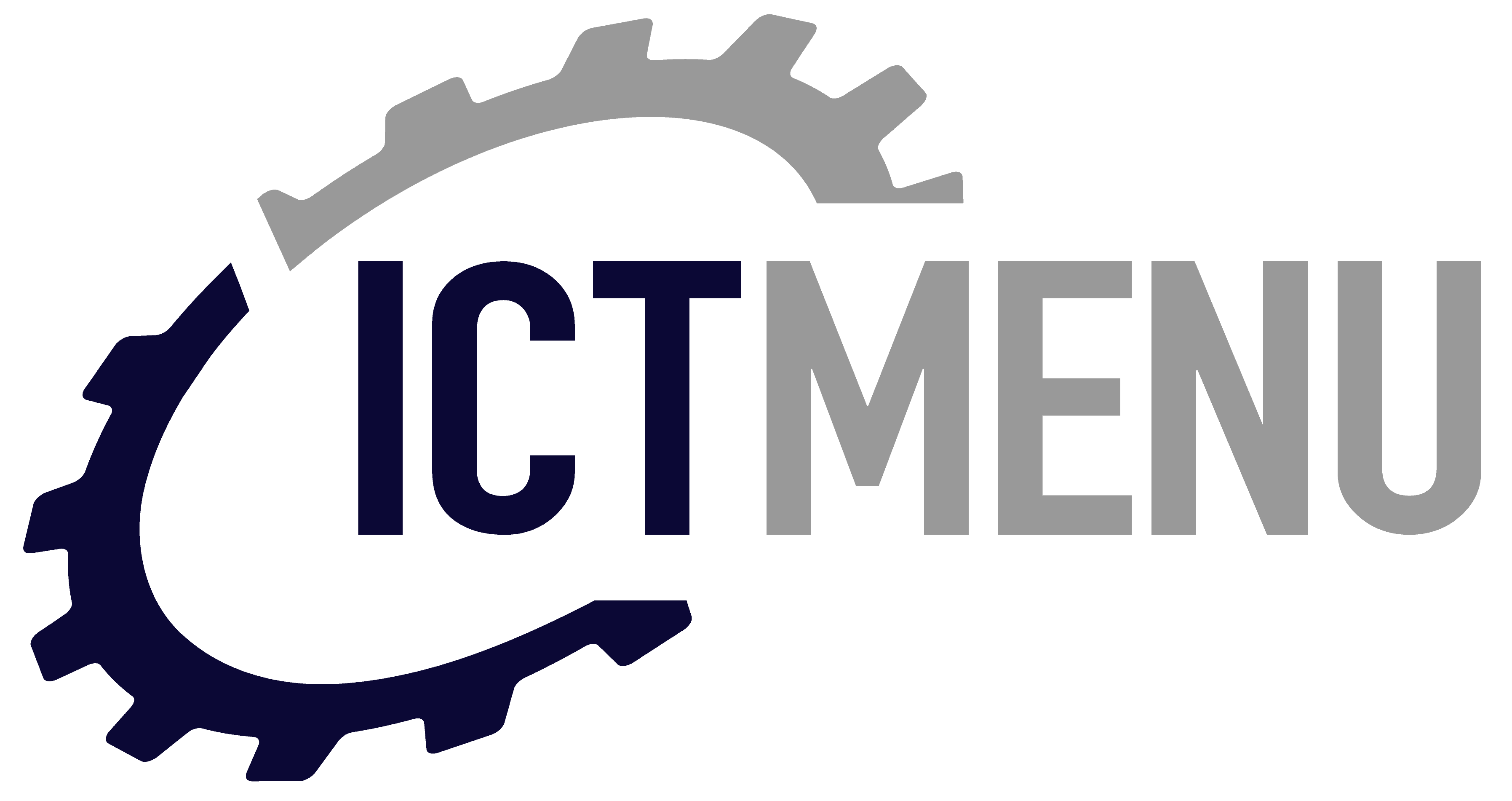GitLab is a powerful DevOps platform offering comprehensive tools to streamline web development and operations. By integrating source code management, CI/CD, and more, GitLab provides developers with an all-in-one solution. This guide offers insights into maximizing its features, ensuring efficiency in your workflow. Discover how GitLab can enhance your development practices and embrace more seamless project management.
Understanding GitLab’s Core Features
GitLab offers a comprehensive platform that seamlessly integrates coding and deployment processes, positioning itself as an invaluable tool for modern software development. By focusing on projects, repositories, and pipelines, GitLab enhances collaboration and efficiency throughout the development cycle. Within the GitLab ecosystem, projects serve as organizational hubs, allowing teams to streamline efforts in collaborating, sharing, and reviewing code. This feature encourages cohesive teamwork, making it easier to track progress and manage contributions from multiple developers.
Repositories within GitLab are central to maintaining code integrity and history. They offer robust version control capabilities that allow developers to experiment and innovate without fear of losing prior work. With efficient branch management, teams can work on multiple features simultaneously, merging them seamlessly once they are ready. This promotes a fluid workflow, accommodating both individual creativity and collective progression.
Pipelines in GitLab automate critical stages of development, such as building, testing, and deploying applications. By harnessing these tools, teams can significantly reduce the manual effort required in maintaining deployment consistency and reliability. Automation through pipelines ensures errors are caught early, reducing time-to-market and improving the overall quality of releases. These features together align with DevOps best practices, fostering faster and more reliable delivery cycles while promoting a culture of continuous improvement and agility within teams.
As we continue exploring the capabilities of GitLab, the journey naturally leads to understanding how it masters Continuous Integration and Continuous Deployment (CI/CD). This integration is a vital component for maintaining streamlined, efficient workflows in software development.
Mastering CI/CD with GitLab
GitLab is your ally in navigating the complexities of Continuous Integration (CI) and Continuous Deployment (CD) processes. Building on its core features, GitLab offers a seamless framework that can revolutionize your web development workflow. By automating testing and deployment, GitLab helps streamline development processes significantly. Set up automated triggers to facilitate continuous releases, ensuring your software is always up-to-date and in sync with the latest changes. These triggers can automate the deployment pipeline, reducing the need for manual intervention and minimizing the risk of errors.
To ensure that stability remains uncompromised, it is crucial to integrate testing before each deployment. GitLab allows developers to incorporate robust testing suites that automatically validate code integrity, catching potential issues before they affect production. This step is vital for maintaining high-quality, reliable software.
GitLab Runner plays a pivotal role in this ecosystem by efficiently executing jobs. It allows for parallel execution of test cases and deployments, thereby accelerating the entire process and enabling teams to deliver faster without compromising quality.
Mastering CI/CD with GitLab is not just about leveraging tools; it’s about adopting a mindset that prioritizes efficiency and quality. As you refine your deployment strategies and minimize human errors, you move closer to maintaining a stable codebase. Looking forward, GitLab also shines in enhancing project management capabilities. Stay tuned to discover how GitLab can assist in organizing and managing your projects effectively.
Leveraging GitLab for Project Management
GitLab offers an exceptional suite of project management tools that elevate organizational efficiency and streamline development workflows. Building on the robust continuous integration and delivery capabilities discussed earlier, GitLab provides features such as boards, milestones, and issue trackers that are essential for effective project management.
Utilize GitLab’s boards to visualize workflows clearly and manage tasks efficiently across various development stages. These boards allow teams to categorize tasks, prioritize them, and monitor their progress, providing a transparent view of the project’s current status. This visual representation helps teams stay organized and focused on the tasks that drive progress.
Milestones in GitLab offer an efficient way to track progress toward specific goals. By grouping related issues and merge requests under a common milestone, teams can measure progress over time and align their efforts with overarching project objectives. This feature is particularly beneficial in keeping projects on schedule and ensuring that all contributors are aligned with the project’s timeline and deliverables.
The issue tracker in GitLab is a powerful tool for identifying and resolving bugs swiftly. It allows developers to report, track, and collaborate on issues, ensuring that potential roadblocks are addressed promptly. This system facilitates seamless communication among team members, promoting a cohesive project development environment where problems are swiftly identified and resolved.
Harnessing these project management tools is essential not only for keeping projects on track but also for facilitating cross-team collaboration and achieving timely deliverables. As you delve deeper into GitLab’s capabilities, you’ll find its security features crucial for maintaining project integrity, which we’ll explore next.
Exploring GitLab’s Security Features
GitLab prioritizes security, standing as a critical component of its robust platform. As you delve deeper into GitLab, the importance of its security features becomes evident, playing a vital role in managing web development projects efficiently. Offering integrated features like vulnerability management and compliance monitoring, GitLab ensures your codebase remains secure and aligned with industry standards.
Automated vulnerability scans in GitLab are designed to enhance your protection by identifying potential weaknesses before they become threats. These scans operate seamlessly within your existing development workflow, providing timely insights without disrupting project momentum. By proactively addressing vulnerabilities, GitLab aids in maintaining the integrity of your code.
Compliance features in GitLab support adherence to industry norms, ensuring your projects meet necessary standards. This alignment with compliance regulations not only safeguards your operations but also builds trust with stakeholders by maintaining transparency and standardization across your projects.
Additionally, audit logs in GitLab provide comprehensive tracking of user activities, promoting accountability. These logs record every significant action, allowing for an in-depth review when necessary. Such visibility is crucial for understanding how your team interacts with the codebase, highlighting any anomalies that may require attention.
Embracing these security features, GitLab equips you to guard your codebase effectively, maintaining high security standards as you leverage the platform for project management. As you continue your journey with GitLab, consider how customizing its workflows can further optimize your development process, enhancing collaboration and efficiency across your team.
Customizing GitLab for Your Workflow
GitLab offers a comprehensive range of customization options, allowing you to adjust the platform to fit seamlessly with your preferred workflow and enhance your overall user experience. This adaptability begins with the ability to configure user roles and permissions, ensuring that team members have access to features and data aligned with their roles. By adjusting permissions according to your team’s structure, you can maintain control while enhancing collaboration and productivity.
Another effective way to tailor GitLab to your needs is through customized notifications. By choosing which updates are critical to your work, you can stay informed about important changes without unnecessary distractions, enabling you to focus on what truly matters to your development process.
In addition to these built-in settings, GitLab also supports extensive customization through API extensions. By leveraging these extensions, you can add specific functionalities tailored to your project’s unique requirements. This flexibility transforms GitLab into a powerful tool that grows with your project, ensuring it remains robust and relevant regardless of changes in scope or complexity.
These configurations not only optimize your workflow but also make GitLab an incredibly versatile tool, enhancing its capacity to meet diverse project needs. As you become adept at these customizations, you unlock new potential within GitLab, transitioning it from a standard project management tool to a personal ally in digital development.
With a solid foundation in customizing GitLab to your workflow, you can now dive deeper into assessing its performance and tracking project metrics. The next chapter will guide you through GitLab Insights and Analytics, providing key strategies for data-driven decision-making that optimize your development processes further.
GitLab Insights and Analytics
GitLab, as a robust DevOps platform, offers a treasure trove of insights through its advanced analytics capabilities, paving the way for more efficient and streamlined development processes. These analytics empower teams to delve deeper into their project lifecycles, unveiling detailed metrics and reports that provide actionable insights into various aspects of web development.
One of the key functionalities of analytics in GitLab is the monitoring of code changes. By doing so, developers can ensure that quality improvements are being achieved consistently throughout the development process. This monitoring capability allows teams to spot potential issues early and make informed decisions to maintain high standards in their codebase.
Tracking team contributions is another significant feature, promoting balanced workload distribution among team members. This function aids project managers in understanding the dynamics of team productivity and contributions, ensuring that no individual is overwhelmed while others are underutilized. Balanced workloads not only improve team morale but also enhance overall project efficiency.
GitLab also provides cycle time reports, which are instrumental in enhancing operational efficiency. By analyzing the time taken from idea conception to deployment, teams can identify bottlenecks and streamline processes for quicker delivery. This focus on efficiency results in faster turnaround times and more agile project management.
Understanding these analytics tools and insights available through GitLab supports developers and project managers in refining their development practices. They become equipped to achieve better performance outcomes, ultimately leading to more successful project deployments. By integrating these analytical insights, teams can consistently hone their methods, staying ahead in the competitive world of web development.

